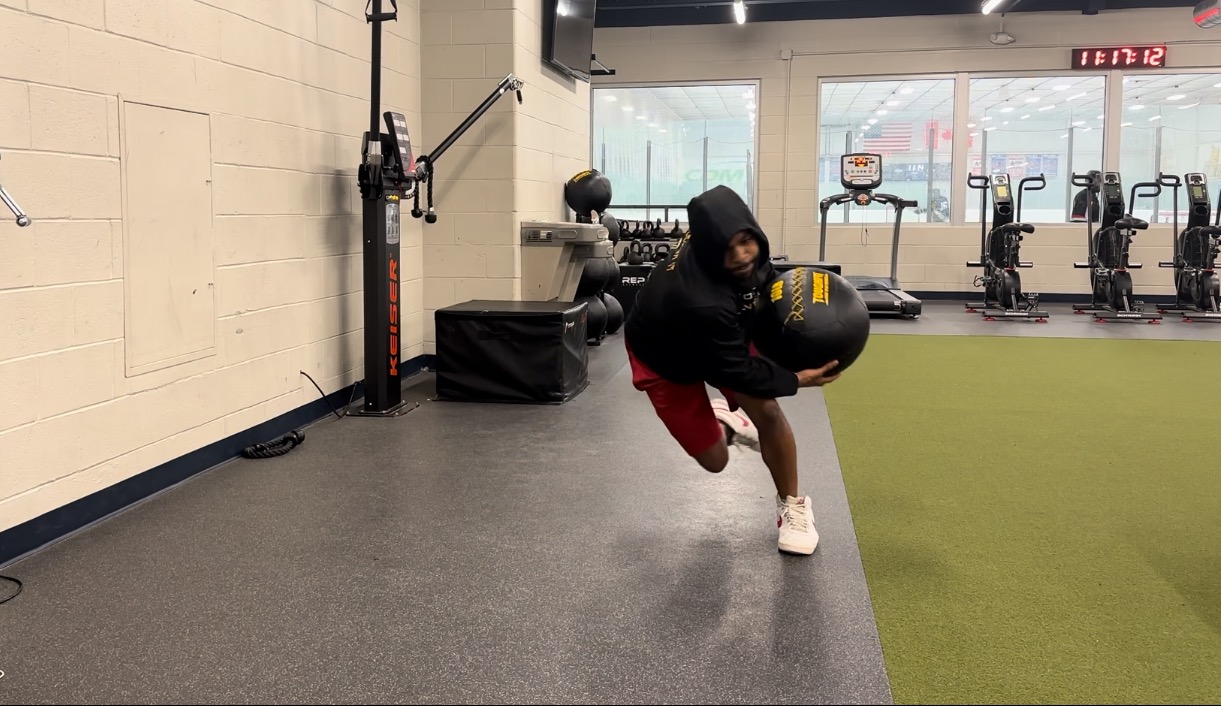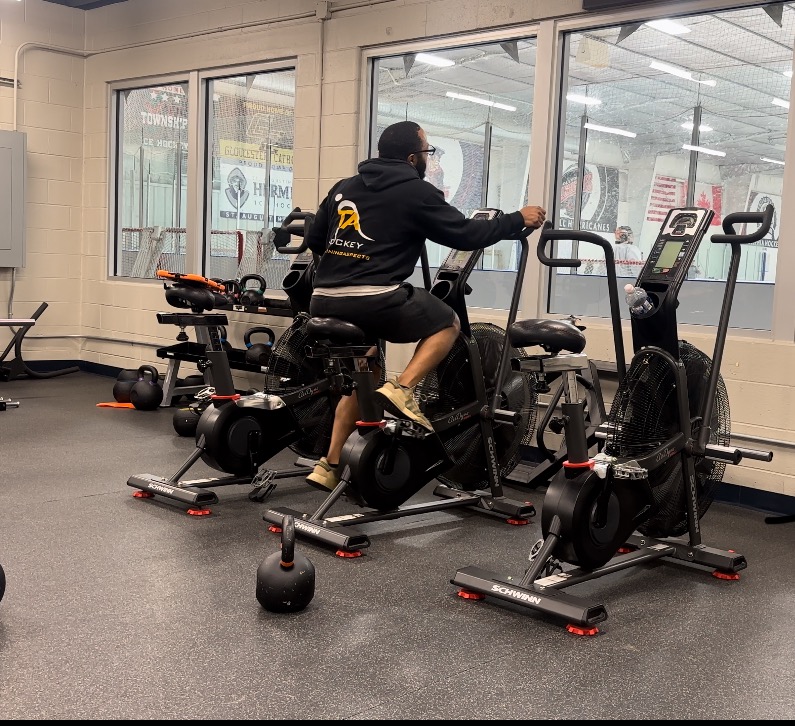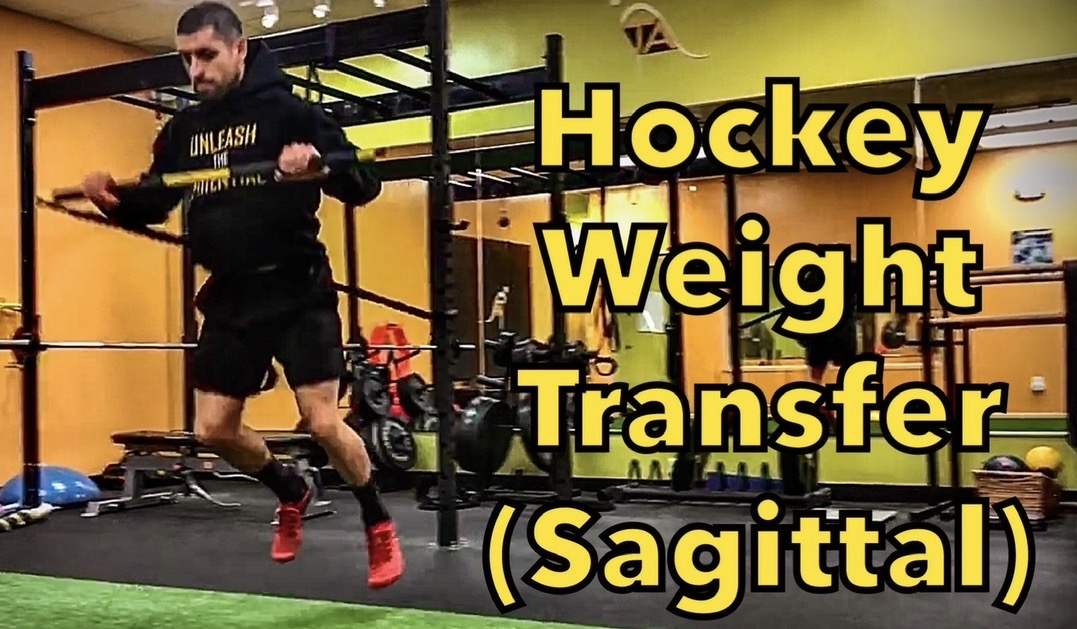Does Fat Weigh More Than Muscle?
A pound is a pound, whether it’s fat or muscle. The difference lies in density. Muscle is denser than fat. While fat occupies more volume, muscle is compact and tightly adheres to your body. You can improve your fitness level and lose fat, yet the number on the scale may increase as you gain muscle. This can mislead some people into focusing solely on the number on the scale, rather than understanding that body composition is more important than just bodyweight. For athletes, the standard BMI chart may not apply accurately.How to Lose Fat Without Losing Muscle
There are several ways to track your progress to ensure you’re losing fat while maintaining or gaining muscle. One effective method is logging your food intake. Most apps break down your diet into three categories: fats, carbs, and proteins. Understanding where you may have deficiencies makes it easier to consume the right amount of protein to support your fat loss goals. Athletes aiming to maintain muscle while losing fat should consume between 1.8 to 2.7 grams of protein per kilogram of body weight. To find your weight in kilograms, divide your weight in pounds by 2.2. For example, a person weighing 150 pounds weighs about 68 kilograms.Quick Tips:
– Log everything you eat to get a complete nutritional breakdown. This helps identify areas for improvement, such as reducing fats or carbs. Many snacks can be “empty calories,” so substituting them with nutritious options you enjoy can offer greater benefits. – Reduce or eliminate sugar intake. Increasing your water intake to at least a gallon a day can help curb sugar cravings from sodas or other sugary beverages. – Don’t expect to adjust overnight. It’s normal to struggle with hitting your protein goals initially. Gradually increase your protein and water intake to reduce the chance of feeling unwell.
#unleashthepotential
Written by:
Darrid Watson, CSCS, NSCA-CPT



